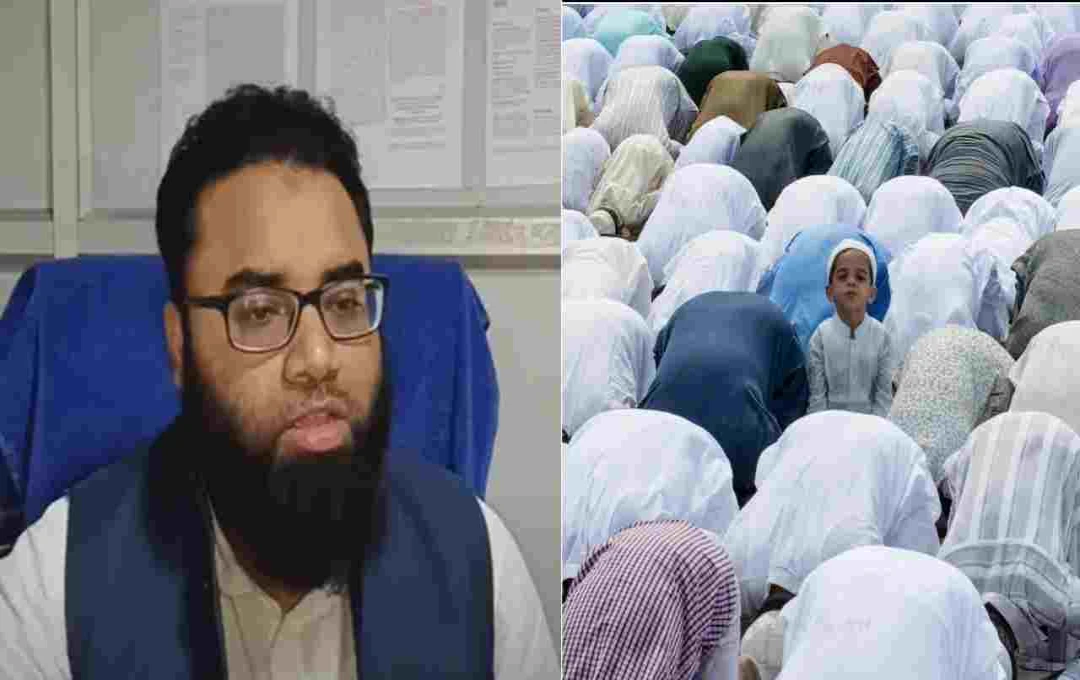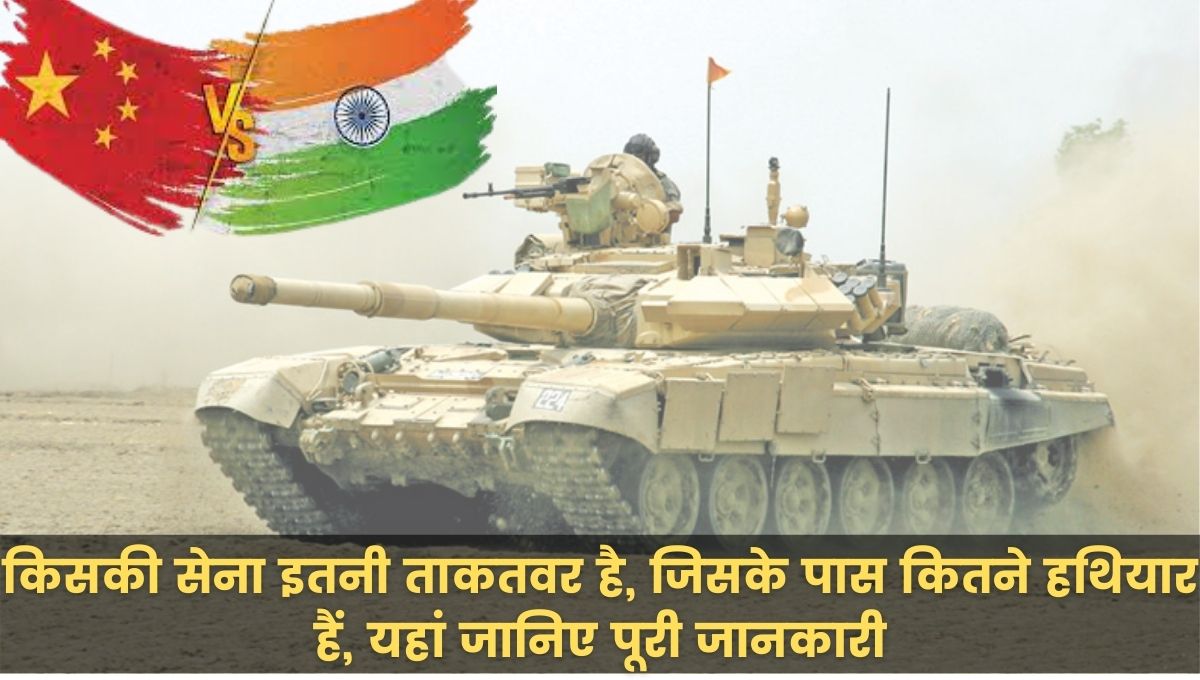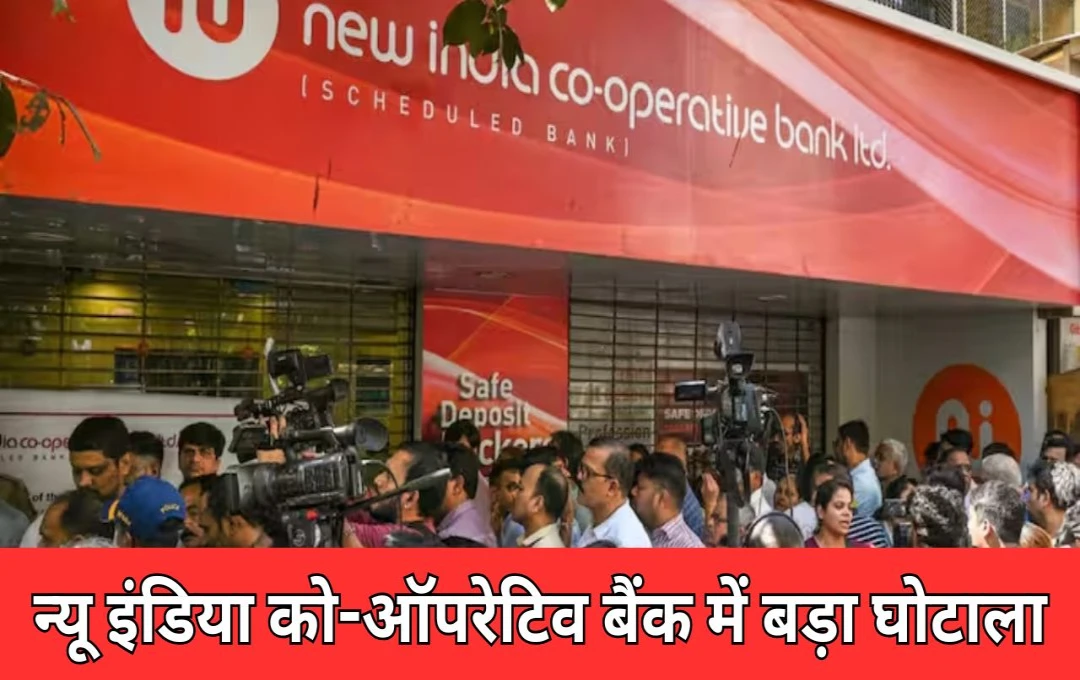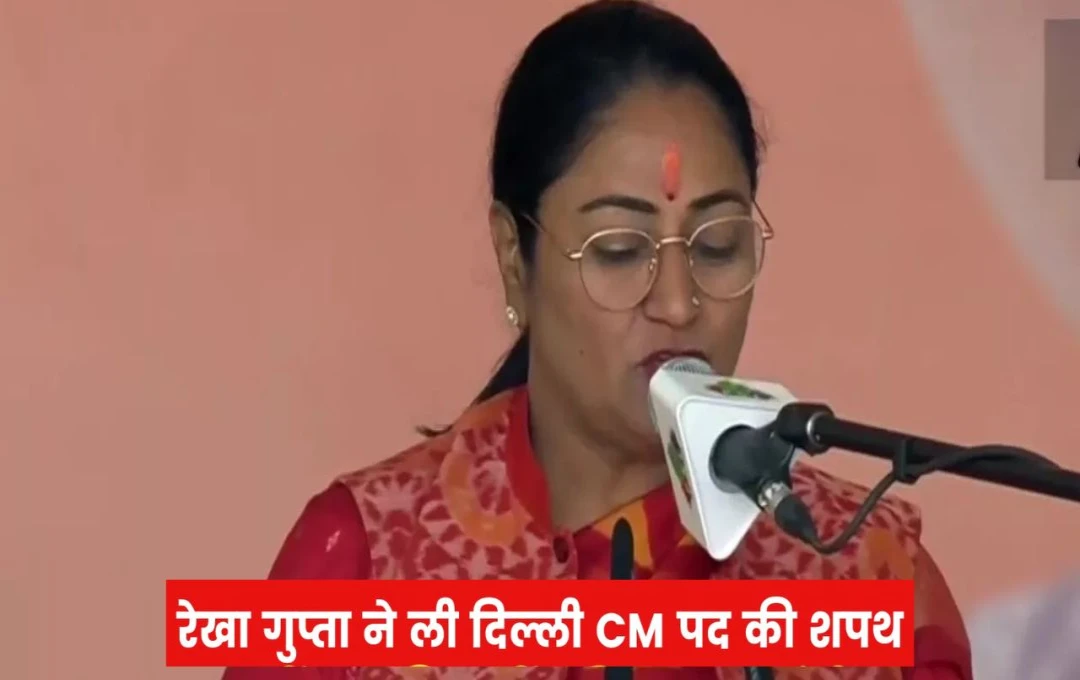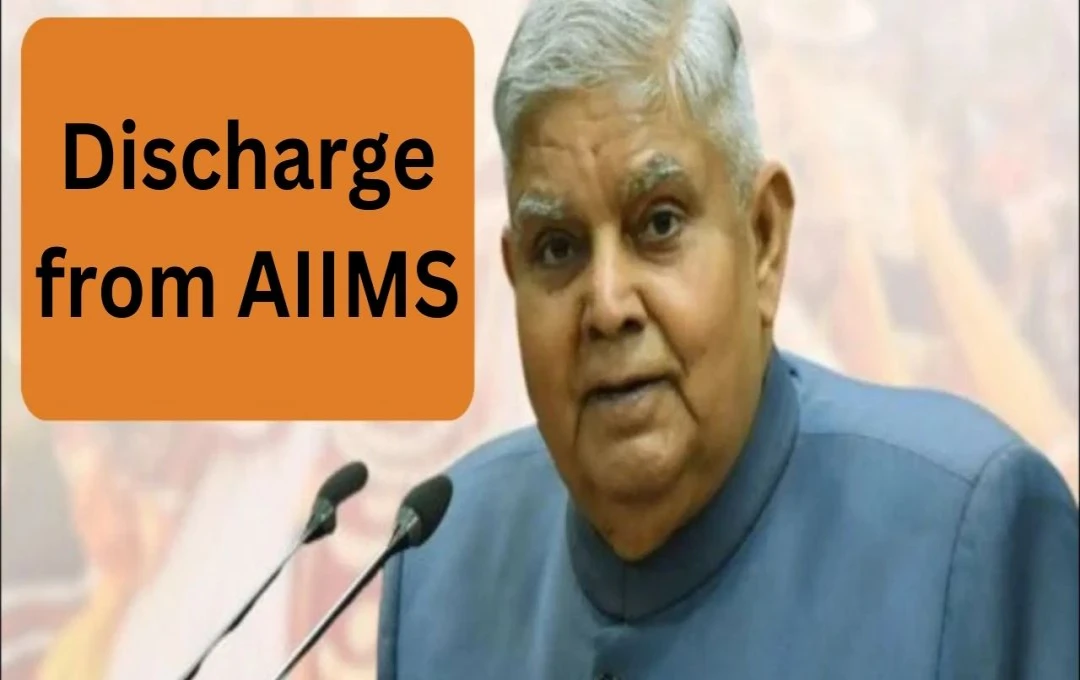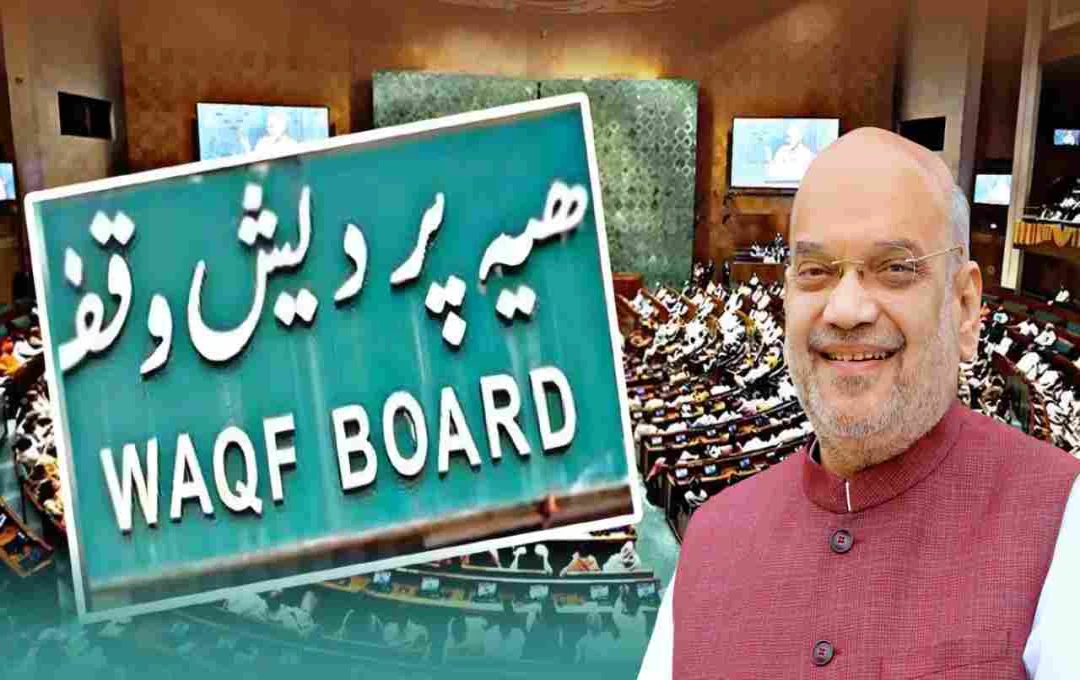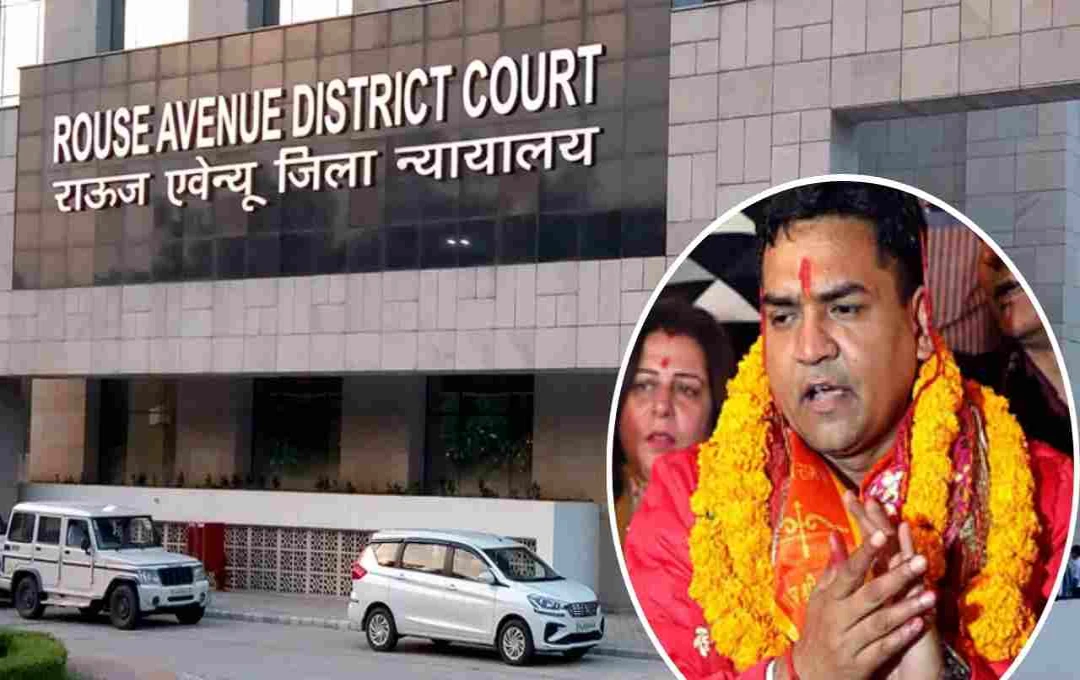Shoaib Jamai, the Delhi AIMIM president, has made a significant statement regarding offering prayers in public spaces. He asserted that if mosques are full on Friday, prayers will be offered on the streets.
New Delhi: A recent statement by Shoaib Jamai, the Delhi AIMIM president, has sparked a debate regarding religious gatherings and the use of public spaces. He stated that if mosques lack sufficient space, prayers will be offered on roads, Eidgahs, and rooftops. This statement comes at a time when the administration in Sambhal and Meerut, Uttar Pradesh, banned prayers on roads and rooftops during the last Friday of Ramadan.
Why the heightened debate over street prayers?
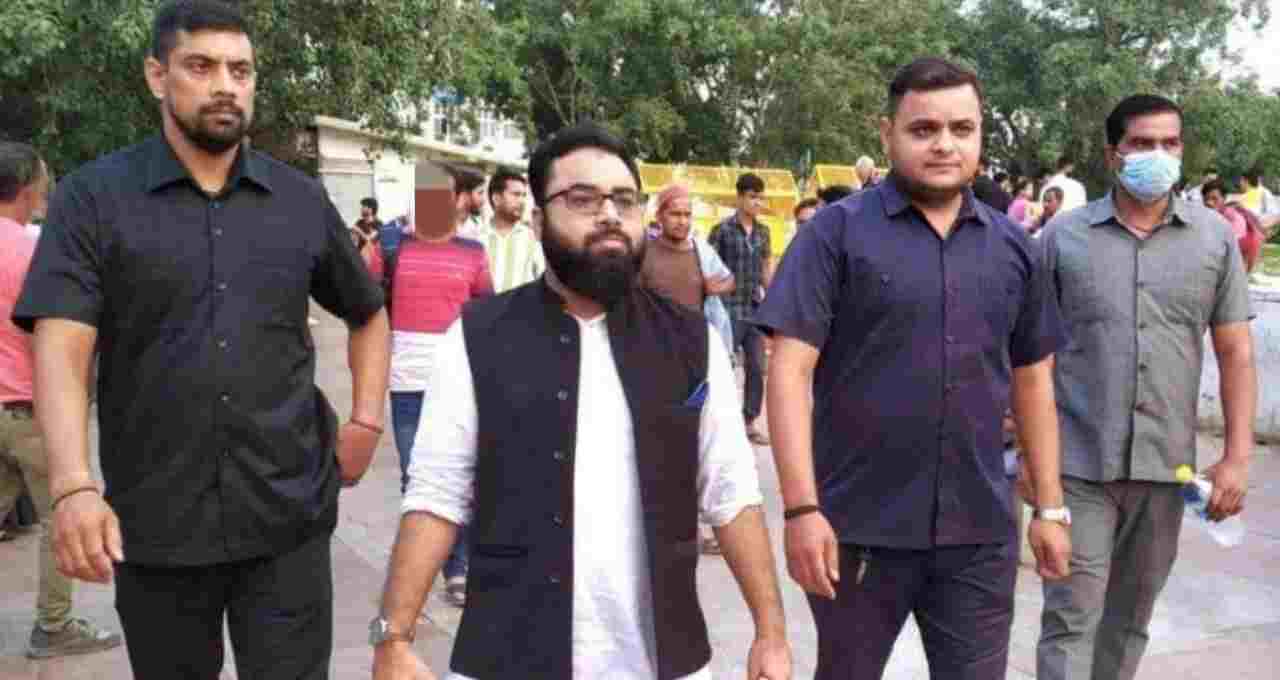
AIMIM leader Shoaib Jamai wrote on the social media platform X (formerly Twitter), "Some BJP leaders are making misleading statements about Eid prayers in Delhi. This is not Sambhal or Meerut; this is Delhi. Here, if mosques lack space, prayers will be offered on the streets, in Eidgahs, and on rooftops. If roads can be closed for hours during the Kanwar Yatra, why not for 15 minutes for prayers?" Jamai argues that maintaining public order is the administration's responsibility, and religious gatherings should not face any obstacles.
Why did the administration impose a ban in Sambhal?
The administration in Sambhal and Meerut, Uttar Pradesh, banned prayers in public places, especially on roads and rooftops, during the last Friday of Ramadan. Police stated that this decision was made for security reasons and to prevent accidents. Sambhal's ASP, Srish Chandra, said, "There is no restriction on offering prayers traditionally, but crowds gathering on rooftops and roads increase the likelihood of accidents. Therefore, it was ensured that prayers were offered only in designated Eidgahs and mosques."
Will these rules apply in Delhi?
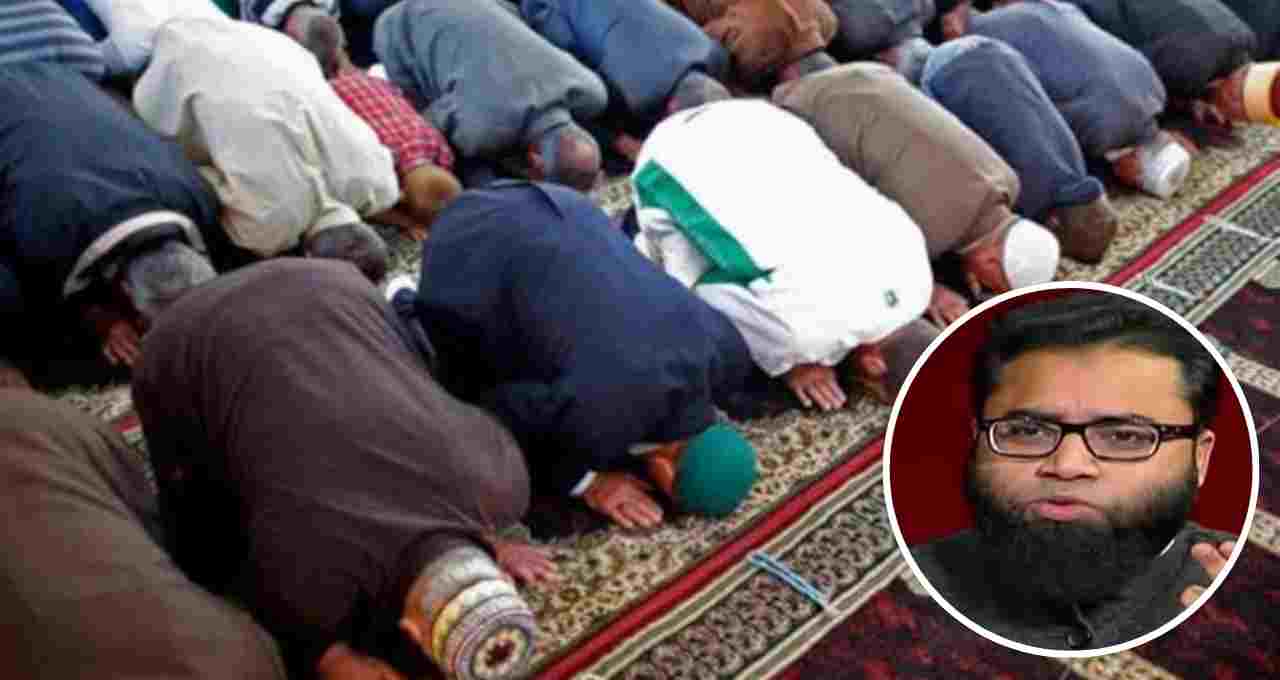
No official restrictions on prayers in public spaces have been imposed in Delhi yet. However, Delhi Police is exercising extra caution regarding crowd control and traffic management. The AIMIM leader's statement has further fueled the debate about the extent to which the administration should allow religious gatherings in public spaces. Whether or not offering prayers on the streets should be permitted is likely to become a major political and administrative issue in the coming days.
